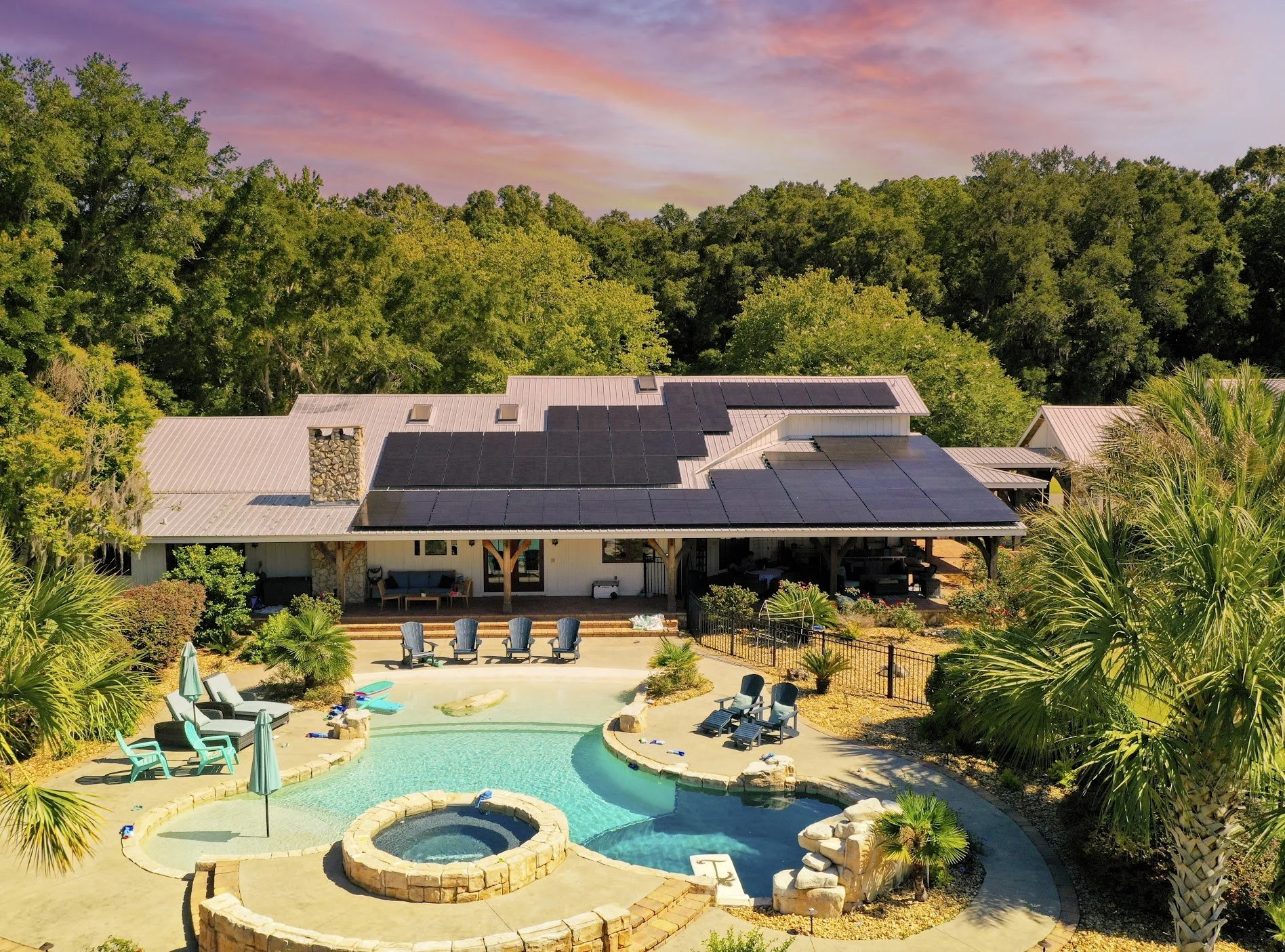Energy = Ability to do work
Democracy = Dēmos “common people,” + Kratos “rule”
Energy democracy is not a new concept or a concept somehow unique to solar energy. It simply means that people can access enough energy to meet their needs and collectively manage energy production. Some current examples of participation in people’s owned energy generation include cooperatives, municipal utilities, community solar farms, and lately, energy efficiency digital assets.
We are all faced with the challenge of climate change, the magnitude of which hasn’t yet been confronted by humankind. The consensus is that solar energy is one of the main paths forward because it speaks to environmental sensitivity and economic growth.
Ota City, Japan - smart solar city.
Just go solar! As an entrepreneur and an owner of a solar contracting firm, I think to myself — “Well, everyone with a solar exposure could install a solar system and a battery bank (i.e., Tesla Powerwall) and have their own 24/7 solar energy plant. Clean and quiet electricity. Let’s share it! Throw the electric car into the mix, and now you are living and driving around “on the Sun!” Add the low-interest financing into the mix, and this solar installation costs about the same as the old nasty dirty electric bill used to." What a concept! This idea is grossly oversimplified, and the reality of the situation, of course, dictates going beyond the individual household.
This is where it gets confusing. There are multiple initiatives on national and local levels to remove energy access barriers and hundreds of community solar projects and organizations. There is an ever-growing number of energy advocates, but they are not organized on a national level.
Not working together. It appears that clean energy movements have developed silos that isolate them from one another, making them far less effective. Some examples include traveling solar co-ops, solar subscriptions, group buying programs, community solar farms, and solar neighborhoods. One autonomous zero-energy home cannot benefit the entire neighborhood. Neither can a single local renewable initiative. But if every home were a semi-autonomous or near-zero energy home, it would allow the entire community to become energy independent.
In the US, we lack a national policy that enables distributed energy generation which would create favorable conditions for clean energy technologies. Under such policy consumers are becoming generators, selling electricity back into the grid when they choose the most market-advantageous time of use and time of resale. The ownership of the grid and infrastructure management would be compensated with transaction fees, similar to the world of finance.
Jane Doe in Alabama just sold 250 kWh John Smith in California. I believe that the ultimate key to a meaningful conversion to solar energy lies in the wholly deregulated market, empowering peer-to-peer energy sales. A change of this magnitude would require appropriate regulation, national energy registers, and a free energy exchange platform. Utilities could benefit long-term by transitioning to transmission and distribution management rather than generation. This would further enable the shared economy and offer business and job opportunities on an individual level, let’s call it the “Uber of power grid”. Want to make money in the gig economy? Conserve, Produce, or Store energy.
No Renewable Energy Policy. The United States is the only country in the developed world that doesn’t have a renewable energy policy. Under a deregulated and properly administered energy policy, any household could choose to buy energy of choice, including renewables, buy it during a less expensive time of use, be incentivized to conserve, and provided an opportunity to generate/store/sell. This provides long-term investment opportunities on an individual level (install a larger solar system so you can sell into the grid, and set your energy price). Those that cannot actively engage in energy generation can participate in such a system via community solar or deploying storage — from batteries in their cars to household batteries. Such a system would also allow The People (who are now learning to interact with energy generation in a new way) to invest in the transition to renewable energy. Those that live in a rented property or don’t have sufficient solar resources could invest in community solar farms or a solar system located elsewhere. Such investment opportunities could dramatically speed up the transition to renewable energy future, which in turn may be quick enough to curb the effects of human-caused climate change.
Yes, just go Solar! Until then, we must continue to collectively push forward towards solar energy adoption and drive the costs down, creating opportunities for solar contractors and consumers alike.


























